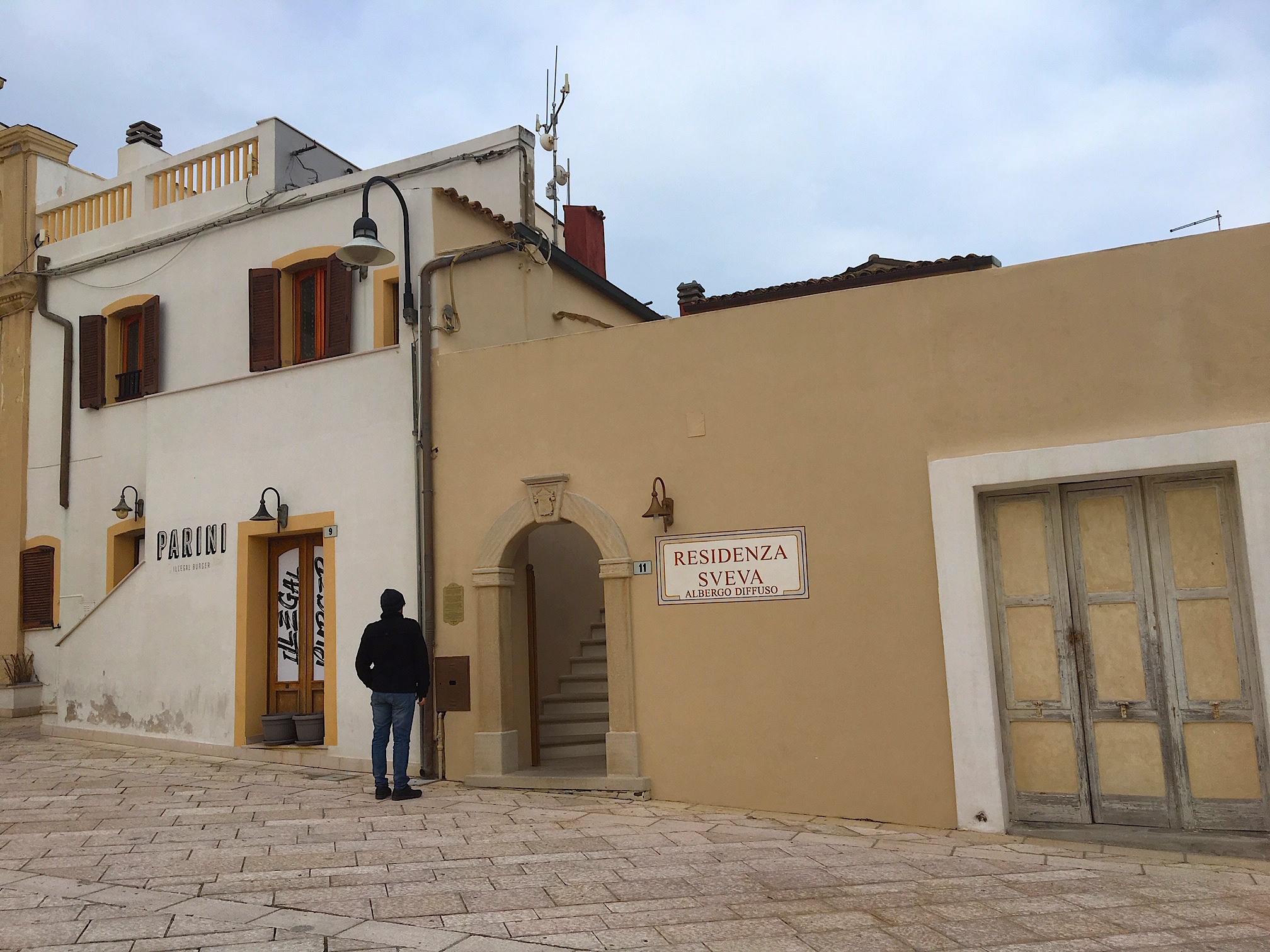
01/26/2019 by Rachel Greenberger 0 Comments
Albergo Diffuso: Protecting Place
We see five components to the ideal travel destination: natural beauty; created beauty (e.g. art, architecture); food/wine; climate; and people. Italy soars in all five. And then goes a step further…
Beyond simply how people are, Italy impresses us with how people care – about their culture and heritage. The Slow Food and agriturismo ("farm stay") movements are expressions of this caring. Lesser known is the albergo diffuso ("dispersed hotel"), the idea of offering accommodations that embrace what already exists—designing the future into the past.
The term albergo diffuso is credited to Giancarlo Dall’Ara. In the 1980s, he sought to rescue semi-deserted towns in Friuli and Abruzzo. How? Construct a hotel not by demolishing old buildings in order to erect something new, but rather by renovating the existent buildings and placing hotel services within them. From this beautiful idea, the first albergo diffuso was born.
It’s "dispersed" because you may find reception in one building, dining in another, and bedrooms "scattered" in others, all within easy walking distance, all woven into the fabric of the local community. At La Residenza Sveva in Termoli, Molise (a property we use on our Cycling Tour in Abruzzo and Molise), our bedroom was over a local woman’s kitchen, while reception and breakfast were around the corner, flanking the main piazza and its cathedral.
Alberobello, Puglia is a UNESCO World Heritage Site, protecting it from development. While protected, many of the historic trulli (traditional conic-shape dwellings) have become run down or abandoned. An effort to save Alberobello centers on restoring trulli as accommodation. Without tourism, more and more of these special Pugliese homes are emptying as local owners pass away or leave the area. Renovating and reopening them as alberghi diffusi keeps the trulli bright and tidy, and the town alive.
In 2010, there were 40 alberghi diffusi in Italy. (A new count in 2021 lists "over 140".) Preserving and restoring, rather than razing and rebuilding, is a philosophy we applaud and celebrate. We look forward to featuring more of these wonderful properties on future tours—thus helping to nurture fragile towns and their histories.


Comments